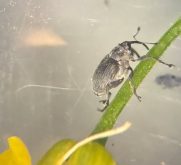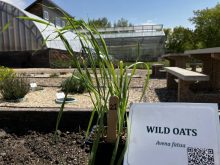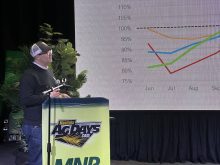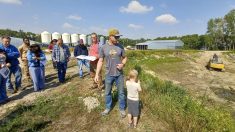If you have issues with soil salinity in your field you have a problem with water, not salt.
That may be a challenge to wrap your head around at first as people naturally think of salt when they hear the word ‘salinity.’ But when the subject is soil salinity, Marla Riekman, soil management specialist with Manitoba Agriculture, wants you to think about it differently.
“It is a water problem,” says Riekman. “When we talk about salinity we always think about salt because that’s the name right? But really the problem is the water that’s bringing the salt up from the deeper groundwater up to the surface.”
Read Also
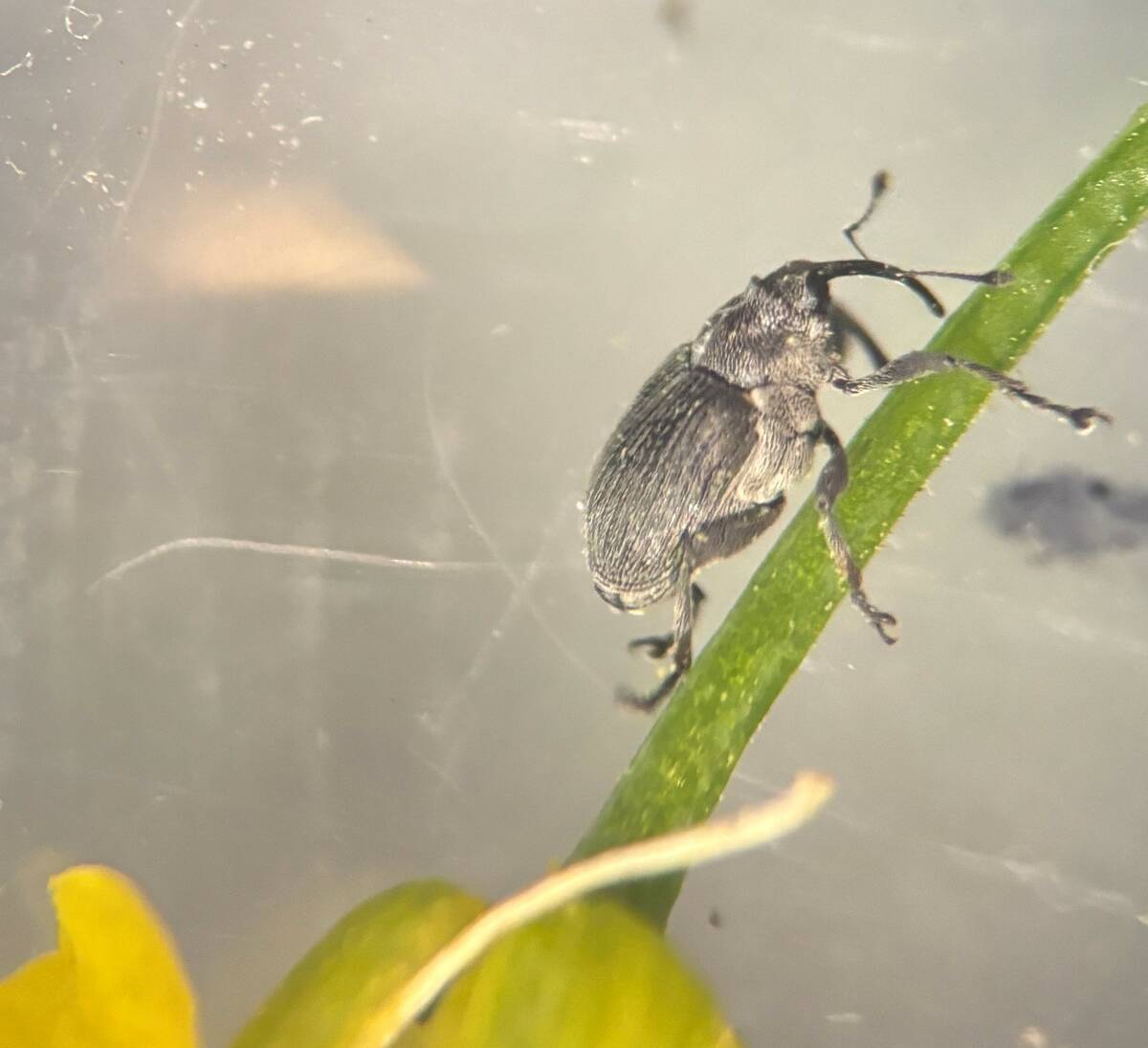
VIDEO: Manitoba’s cabbage seedpod weevil explosion
Crop pest could pose a big problem for Manitoba canola growers in 2026 if last year’s population jump wasn’t a fluke.
How that water is flowing is going to determine whether or not you have a salt problem, she adds, and areas with high water tables or poor drainage are where problems begin.
This was at the core of her presentation, ‘The Science of Soil Salinity,’ at Manitoba Ag Days earlier this year. Afterwards, we caught up with Riekman to ask how farmers can manage saline soils, which crops are more sensitive to soil salinity, and more. Have a listen in the four audio clips below.




